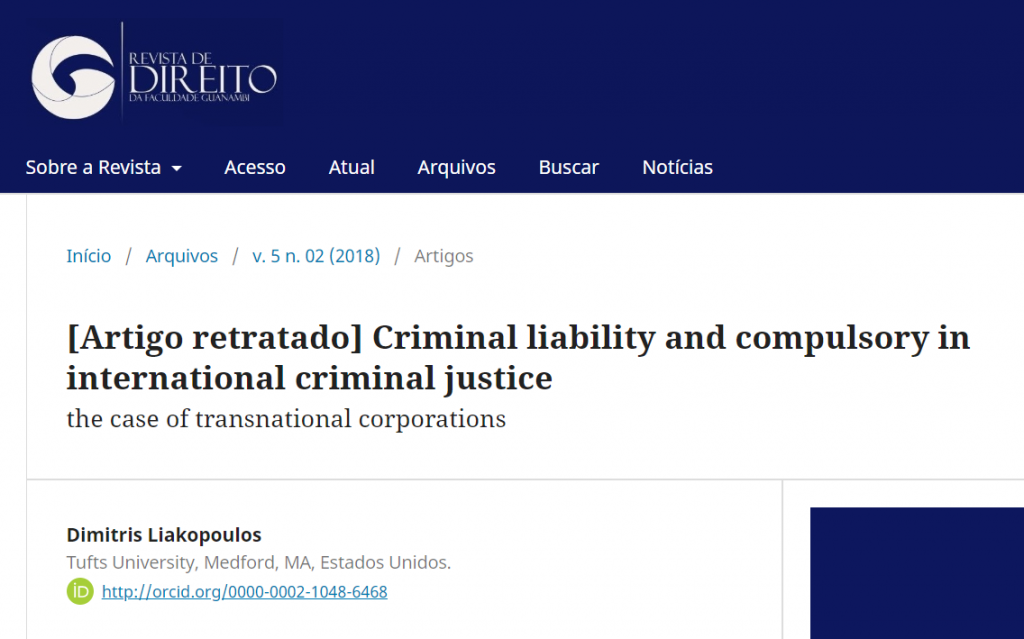Bowing to legal pressure from the supplement maker Herbalife, Elsevier earlier this year retracted — and then removed — a paper which claimed that a young woman in India died of liver failure after using the company’s products. The move has led to more legal threats.
In August 2018, a group of researchers in India published a report in the Journal of Clinical and Experimental Hepatology about the death, involving a 24-year-old woman who had taken a variety of supplements produced by Herbalife, a massive, and massively controversial, maker of nonprescription diet aids.
The group, led by Cyriac Abby Philips, of Cochin Gastroenterology, in Kerala, India, asserted that tests of Herbalife products similar to those the woman had been taking revealed the presence of heavy metals, bacteria and, in most samples, “undisclosed toxic compounds including traces of psychotropic recreational agent.”
The case report — titled “Slimming to the death: Herbalife®-associated fatal acute liver failure-heavy metals, toxic compounds, bacterial contaminants and psychotropic agents in products sold in India” — is far from the first time scientists have linked Herbalife products to liver damage. They’ve done so here, here and here, to cite just a few instances.
Continue reading After legal threats from Herbalife, Elsevier journal retracts — and then removes — a paper








